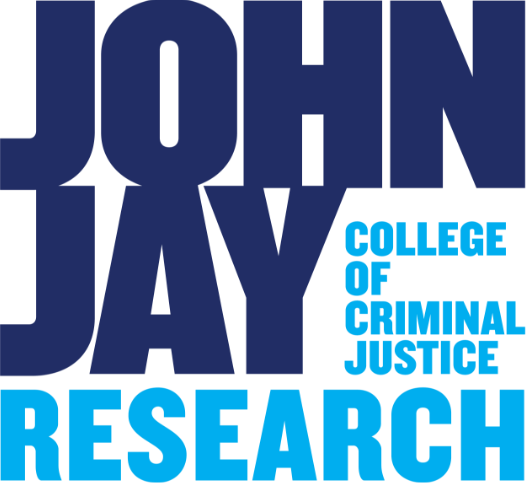Student Notes


Rubber baton rounds, often called rubber bullets, are an instrument of crowd control originally deployed in 1970 by the British Army against rioters in Northern Ireland. Though often referred to as “non-lethal” ammunition, these projectiles—which have been adopted by police forces and military around the world—are more properly referred to in the industry as “less-lethal” ammunition because of the significant injuries they can cause, including death. Britania Walters, a Forensic Science major who graduated from John Jay in spring 2022, noted the inherent contradiction in terms when she saw multiple reports of injuries caused by rubber rounds during the Black Lives Matter protests in 2020. With mentor Dr. Peter Diaczuk, she took on a study of less-lethal rounds in order to better understand and raise awareness about the damage they can do.
“I was surprised that there wasn’t a lot of data in the literature on less-lethal ammunition,” says Walters. “It was very hard to find resources on the safest way to shoot [these rounds].” Walters performed experiments using ballistics gelatin to simulate the traumatic effects rubber rounds can have on human flesh. She was shocked to discover that rubber rounds can be lethal, or cause serious injury, when shot from less than 30 feet away. In close-quarters situations like protests, these bullets are often used at dangerously close range. Walters concluded that manufacturers should reconsider the design of their “less-lethal” rounds to create ammunition with less propensity to cause serious harm—or that individuals shouldn’t be shot with these projectiles at all.
Walters, who is taking a gap year before going on to graduate study, has nothing but positive things to say about working with Dr. Diaczuk. His guidance, she says, felt more like a partnership, and she was grateful for opportunities for practical study. “I’ve learned more about my major from him than from my classes,” she says. “I also got a lot of hands-on experience even though we were in a pandemic; I was grateful for that.”
Arjanita Elezaj, a candidate in the Master of Public Administration, Inspection and Oversight Program, has always been inspired by a commitment to public service. When the 2020 pandemic lockdown disrupted the work she did with senior citizens in her community, Elezaj was inspired to pursue her master’s, returning to schooling after 30 years. “I decided to commit to furthering my education so I could sit at the decision-making table, contributing where my experience and skills would make a broader impact,” she says.
Growing up in Albania and as part of the Albanian-American community in New York City, she was aware of the ways Albania’s patriarchal culture could contribute to domestic violence and abuse, and strove to set a healthier example for her own daughters. It wasn’t until a conversation with John Jay faculty Dr. Anila Duro and Dr. Daryl Wout that Elezaj felt empowered to take on a data-driven approach to investigating the prevalence of abuse in her community and the tactics used. With a mixed-methods study that used community-centric approaches to craft a survey sensitive to the Albanian population, they uncovered shocking initial findings indicating that between 41 and 80 percent of those surveyed were subject to coercive control tactics like psychological abuse, intimidation, threats and financial control. “My goal has been to use the information from this project to enhance how I can serve this community,” says Elezaj, who has been advocating for Albanian women for 20 years; she is already a board member of women’s organization Motrat Qiriazi, where she raises funds for programming that invest in Albanian women and girls in the United States.
As she prepares the study for publication, Elezaj is looking ahead to action items. “We hope to join a coalition of women advocates to bring policy changes to recognize coercive control as a punishable felony in the state of New York, and improve relationships for women in our community.”
She is also interested in continuing research on the topic, not just while she remains at John Jay (she plans to graduate in spring 2023) but indefinitely. Elezaj is in the preliminary stages of two follow-on projects, concerning men’s perceptions of domestic violence and the effects of domestic abuse on children growing up in affected families.
